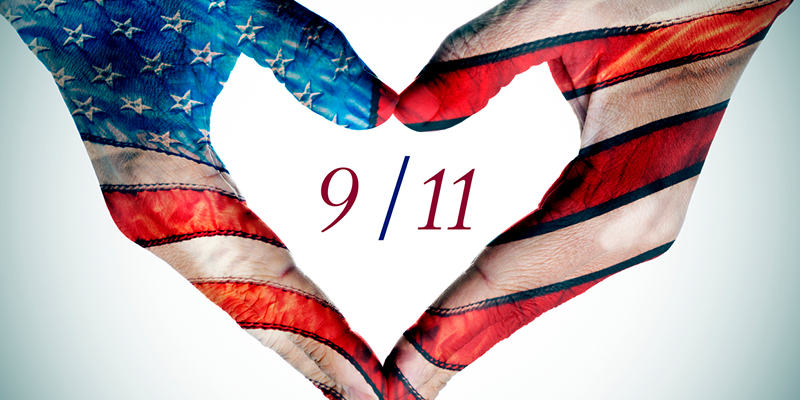
First, we must acknowledge there is significant room for improvement in mental health care as there remains an unacceptably high number of suicides among veterans, and the success rates for PTSD, depression, and anxiety disorders have not improved in years.
In addition, the fallout from 9/11/01 will forever impact veterans, families and our society for at least 70 more years. PTSD, depression, and traumatic brain injuries (TBI), common among our veterans, all increase the risk of Alzheimer’s disease and other forms of dementia.
These problems will not be solved without intense, long-term focus and commitment. Anything this country can do to improve mental health care to our war-injured, we should do. It is more than extending a helping hand.
Leslie and Her Story of 9/11 and PTSD
We asked Leslie how she deals with reoccurrences of PTSD, she says she doesn’t want to spiritualize the very real biological issues in her brain; but that for her, she begins by going to God in her soul and spirit in prayer and seeking His help and peace. She also seeks treatment from professionals trained in PTSD, along with reaching out to understanding family and friends. Writing and comforting others has also been therapeutic.
Leslie’s Daily Reminders
Leslie speaks kind reminders to herself, saying, “I am okay to not be okay. I am still beautiful, God loves me and He loves my brain that got so wounded by this trauma. I will climb out of the PTSD place, rung by messy rung. Sometimes when I am triggered it only takes a couple of days. But in the past, it has also taken weeks and even months to get balanced again.”
What Does PTSD Look Like on a SPECT Scan?
In a brain SPECT scan, PTSD shows up in a “diamond pattern.” The right temporal lobe, for example, involved in reliving and re-enacting past experiences and is one of the points of the “diamond” that lights up on a scan. Reliving past experiences or having flashbacks is one of the symptoms of PTSD.
When it is over-active, it tends to be hyper-vigilant which is why people with PTSD, when triggered, feel on the alert or that something or someone is out to harm them.
Amen Clinics Can Help Today
The good news is that PTSD can be treated. At Amen Clinics, we use a variety of natural methods, including eye movement desensitization and reprocessing (EMDR) and neurofeedback to help people with PTSD. If you or someone you love is suffering with PTSD, call us today at (888) 288-9834 or tell us more online to seek guidance.




No Comments »
No comments yet.
RSS feed for comments on this post.
Leave a comment